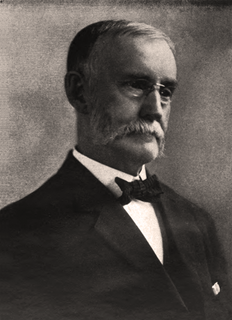A Quote by Elizabeth Janeway
The idea of power as a possession, whose asset can be banked and drawn on when needed, comes easy to a society whose rules grow out of the methods of finance capitalism.
Related Quotes
Friends now fast sworn,
Whose double bosoms seems to wear one heart,
Whose hours, whose bed, whose meal and exercise
Are still together, who twin, as 'twere, in love,
Unseparable, shall within this hour,
On a dissension of a doit, break out
To bitterest enmity; so fellest foes,
Whose passions and whose plots have broke their sleep
To take the one the other, by some chance,
Some trick not worth an egg, shall grow dear friends
And interjoin their issues.
And who can suffer injury by just taxation, impartial laws and the application of the Jeffersonian doctrine of equal rights to all and special privileges to none? Only those whose accumulations are stained with dishonesty and whose immoral methods have given them a distorted view of business, society and government. Accumulating by conscious frauds more money than they can use upon themselves, wisely distribute or safely leave to their children, these denounce as public enemies all who question their methods or throw a light upon their crimes.
Now see what a Christian is, drawn by the hand of Christ. He is a man on whose clear and open brow God has set the stamp of truth; one whose very eye beams bright with honor; in whose very look and bearing you may see freedom, manliness, veracity; a brave man--a noble man--frank, generous, true, with, it may be, many faults; whose freedom may take the form of impetuosity or rashness, but the form of meanness never.
Poetical feelings are a peril to scholarship. There are always poetical people ready to protest that a corrupt line is exquisite. Exquisite to whom? The Romans were foreigners writing for foreigners two millenniums ago; and for people whose gods we find quaint, whose savagery we abominate, whose private habits we don't like to talk about, but whose idea of what is exquisite is, we flatter ourselves, mysteriously identical to ours.
The Great Truth is that women in our society constitute one of the most privileged and powerful classes of human beings on earth. The challenge is to make women believe in their power. "Woman as victim" is an idea whose time has passed. The idea of woman as a survivor and a success must take its place.



































